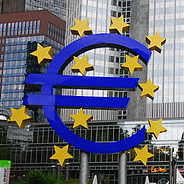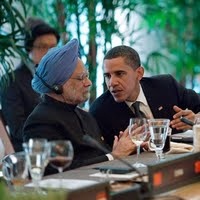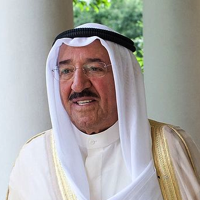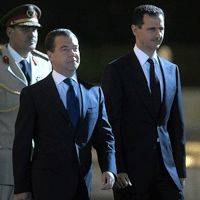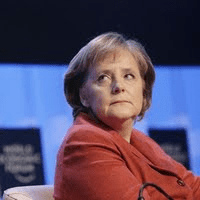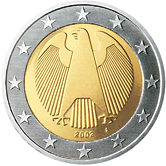
While the debate over whether Israel will strike Iran ebbs and flows on an almost weekly basis now, a larger collision-course trajectory is undeniably emerging. To put it most succinctly, Iran won’t back down, while Israel won’t back off, and America will back up its two regional allies — Israel and Saudi Arabia — when the shooting finally starts. There are no other credible paths in sight: There will be no diplomatic miracles, and Iran will not be permitted to achieve a genuine nuclear deterrence. But let us also be clear about what this coming war will ultimately target: regime […]


